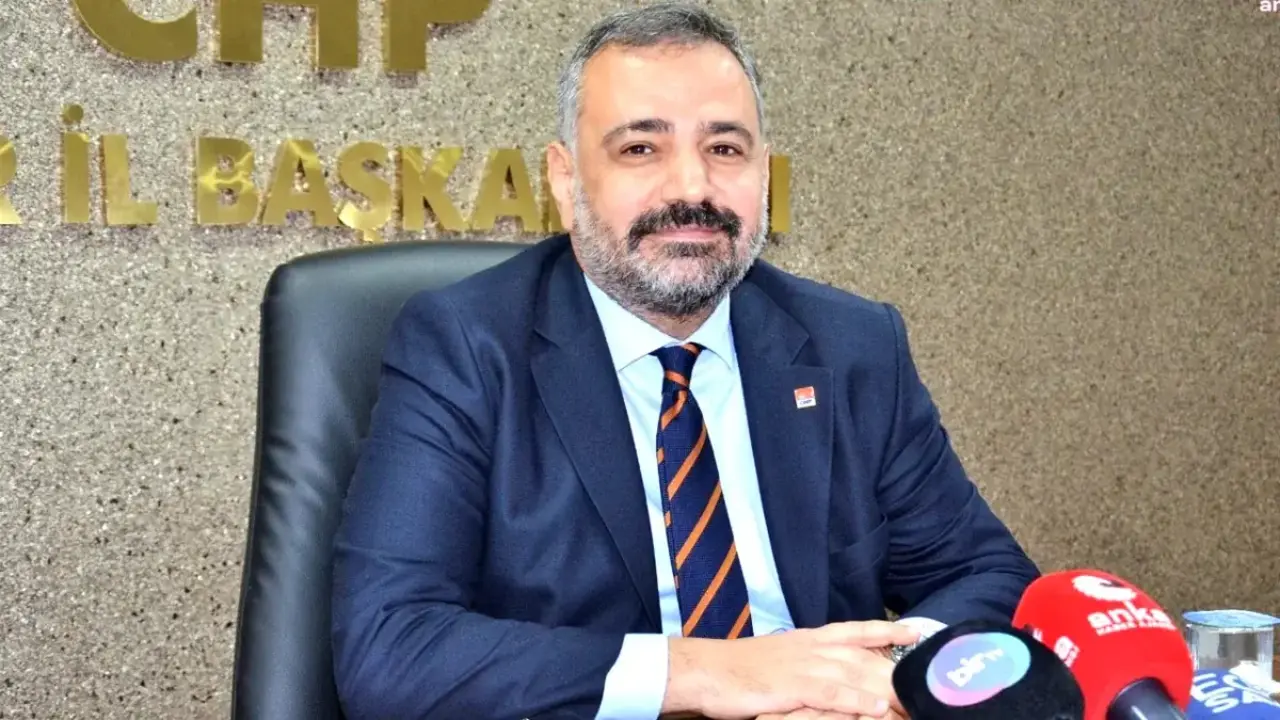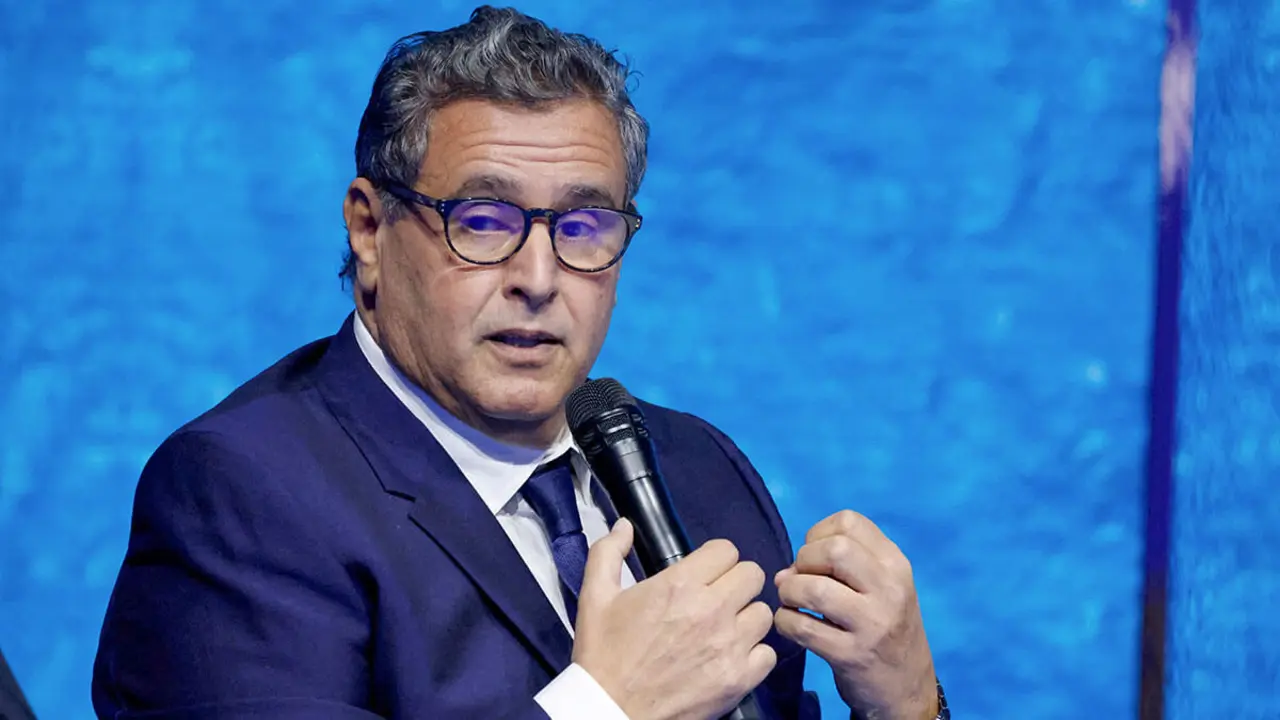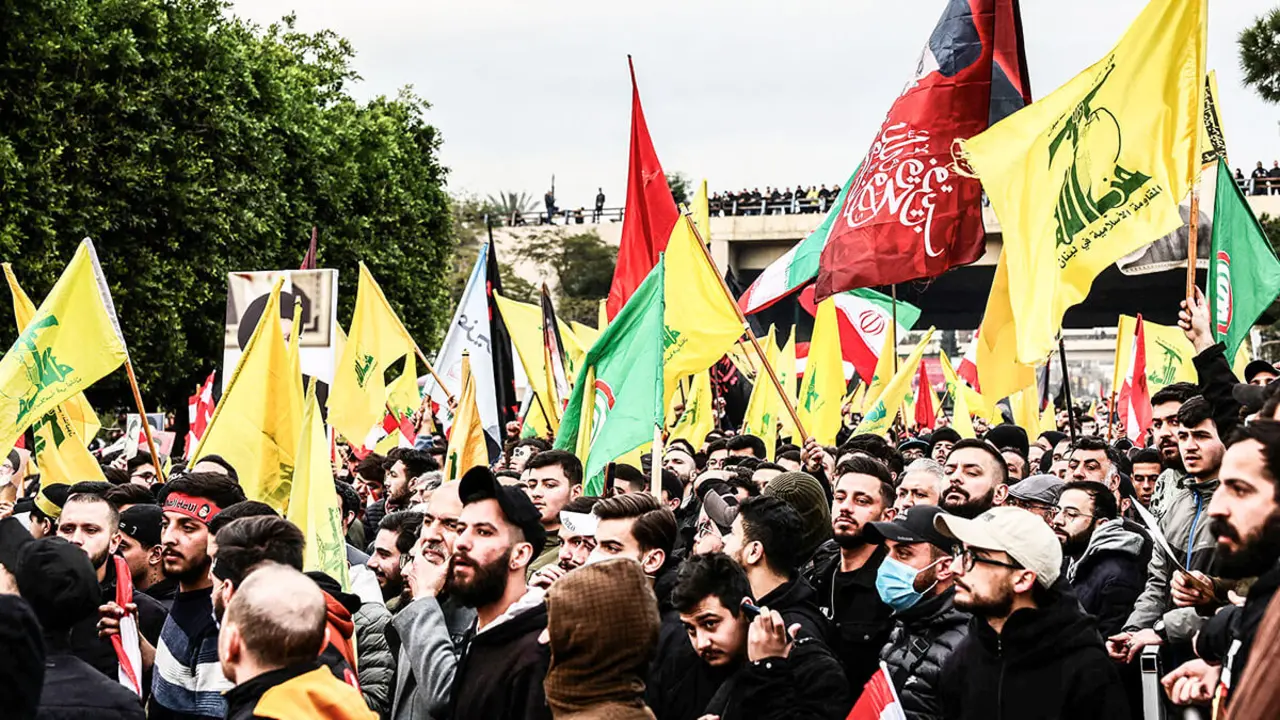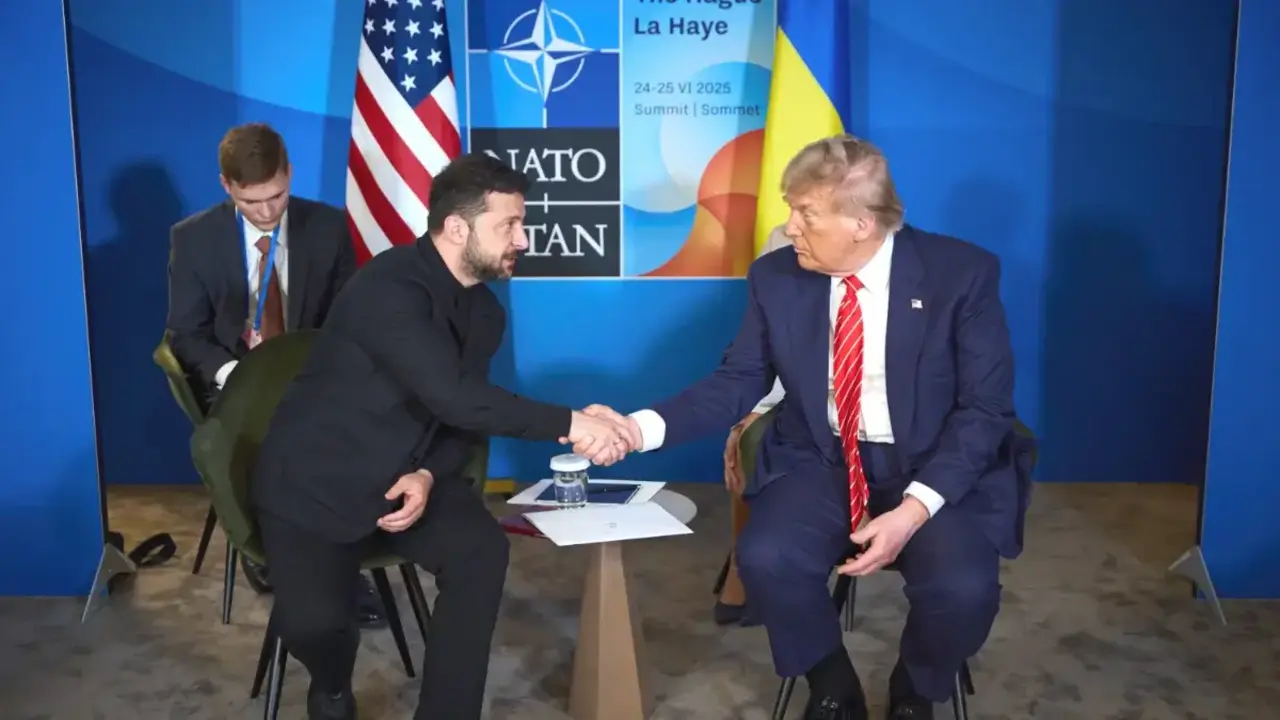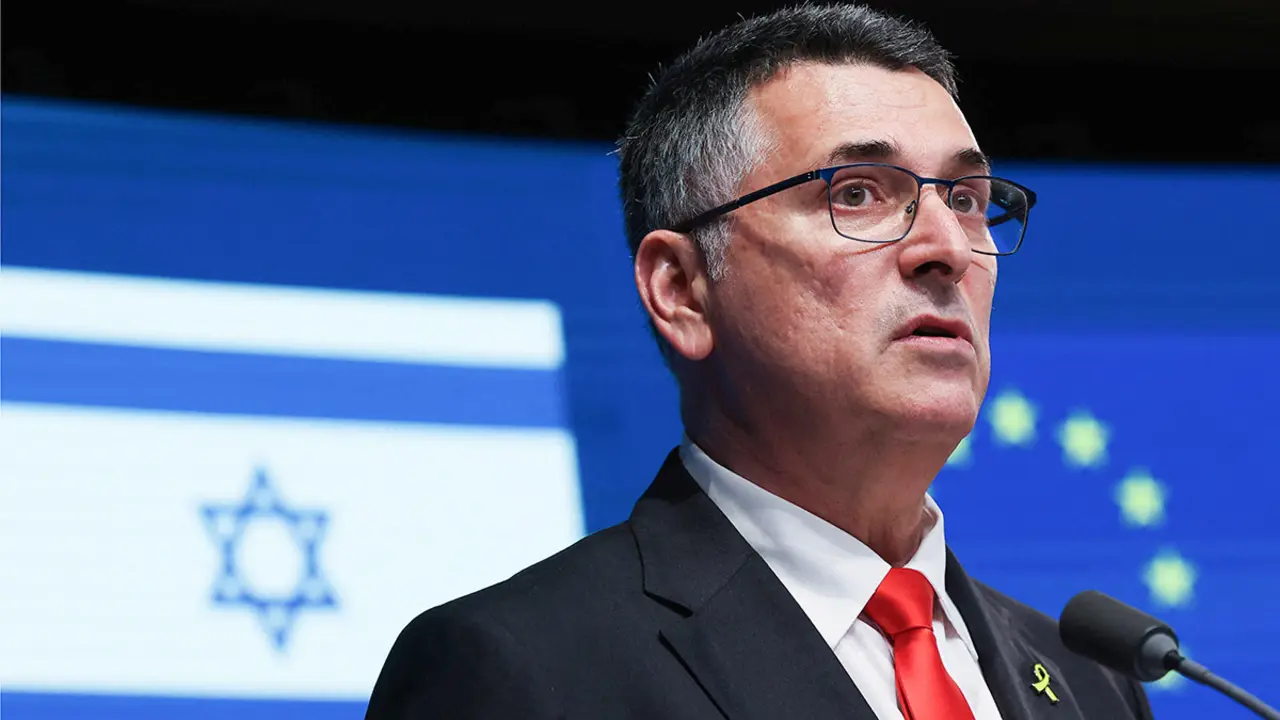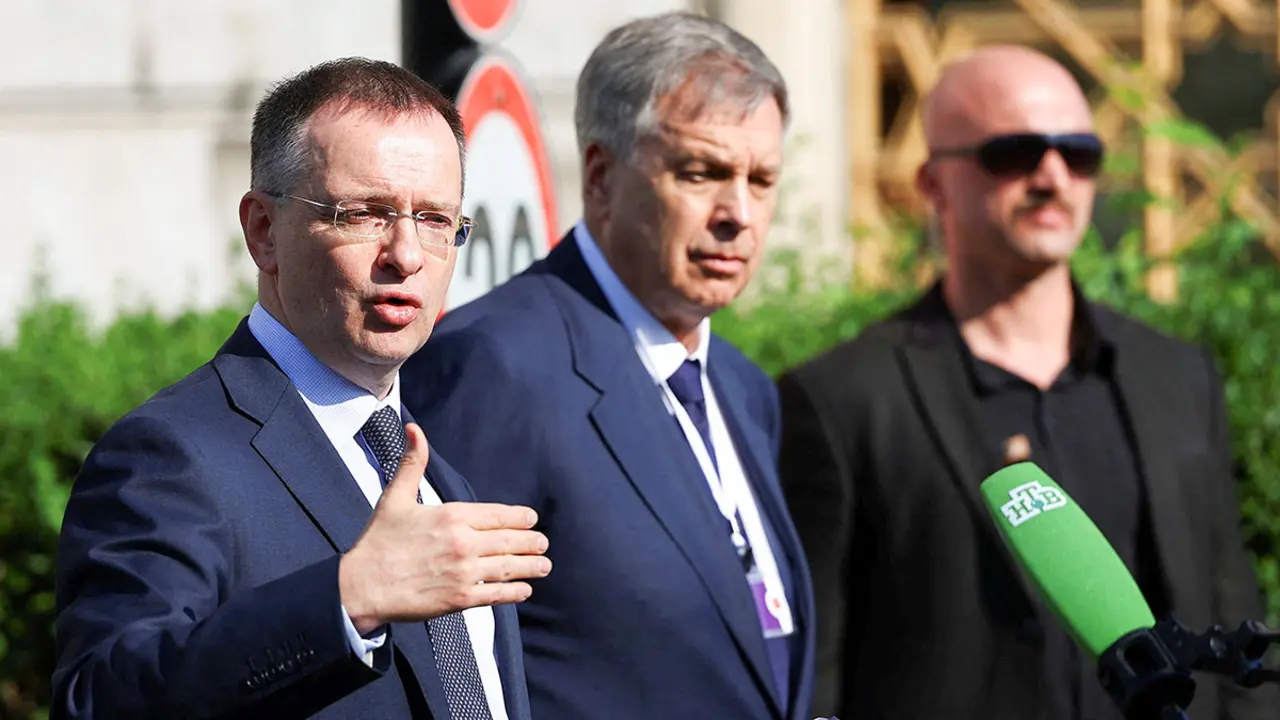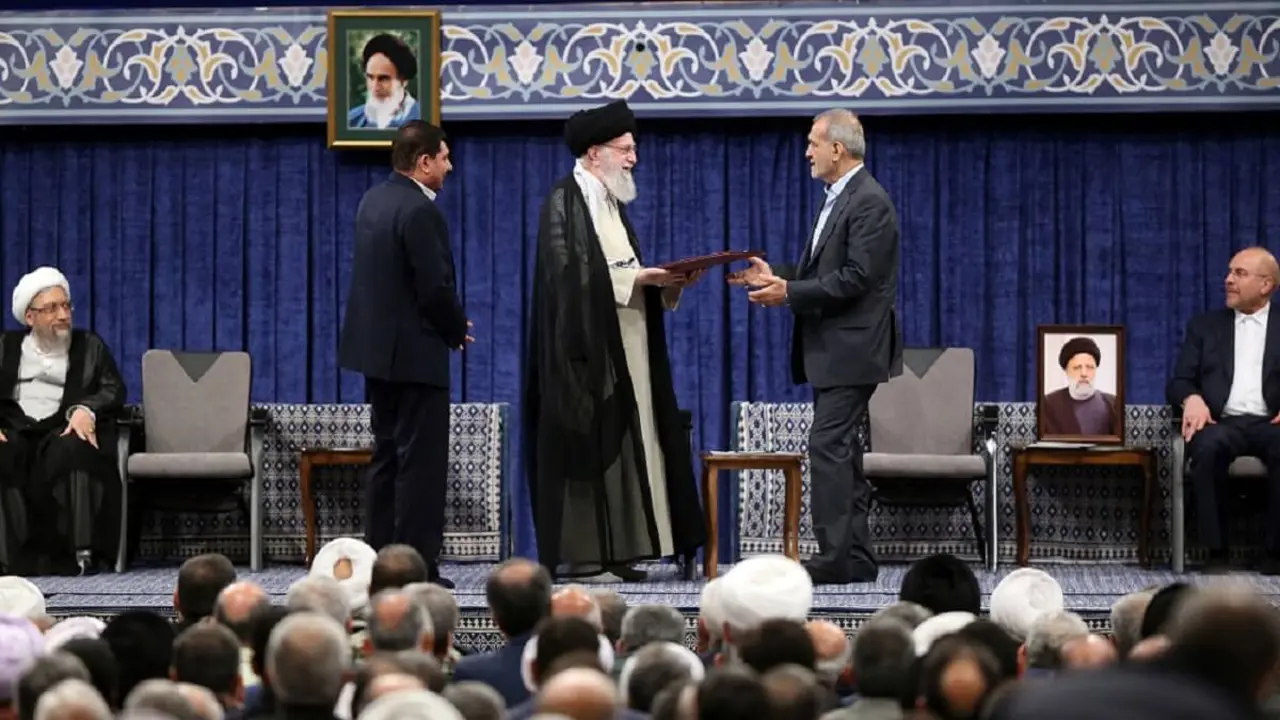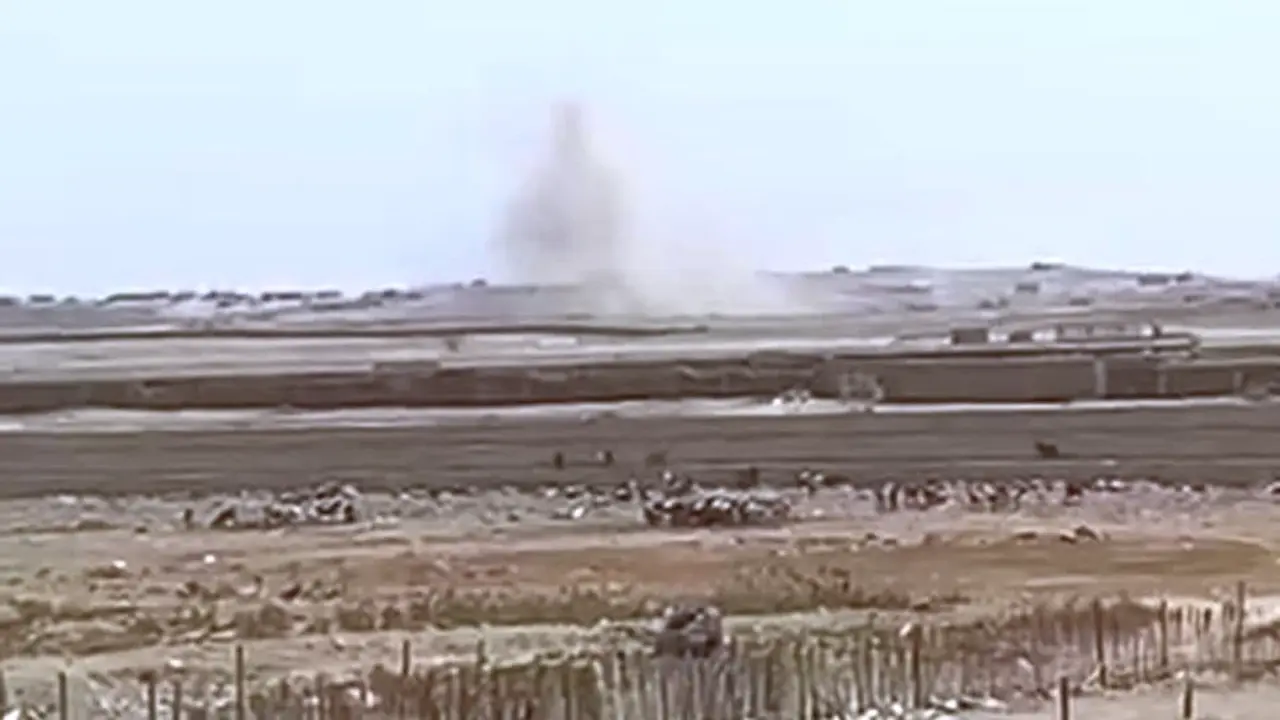Tension in Bolivia rises as thousands march in favour of the government
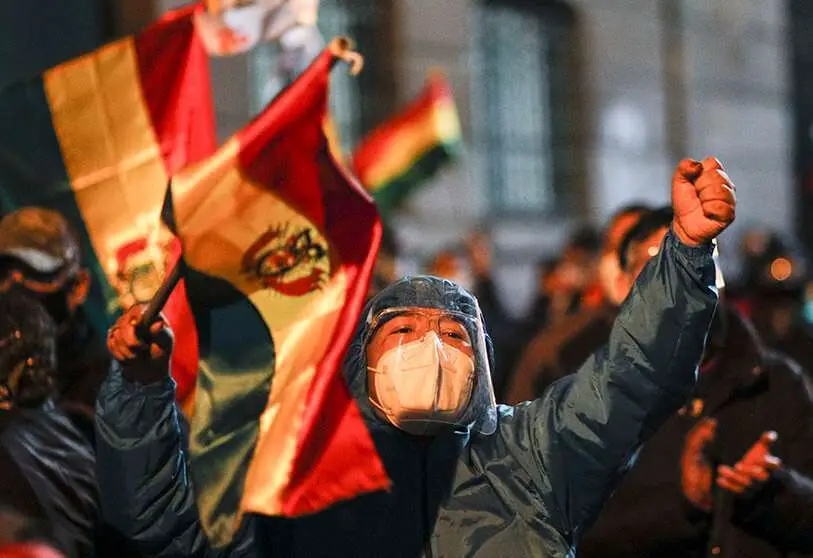
Thousands of people supporting the government of Bolivian President Luis Arce marched on Thursday under the slogan that the imprisonment of former interim president Jeanine Añez, two of her former ministers and former military chiefs is part of an act of "justice" and not "revenge" for an alleged "coup d'état" in 2019.
The main symbol of the mobilisation was the multicoloured Whipala flag, which represents the indigenous peoples of the Andean region of the country, and around which peasants, miners, workers and a large number of public service workers rallied.
On reaching the heart of La Paz, some protesters set off a stick of dynamite, which when detonated served as an impetus to chant cries against the defenders of what they considered the "coup d'état" that took place in 2019 after the frustrated general elections of that year.
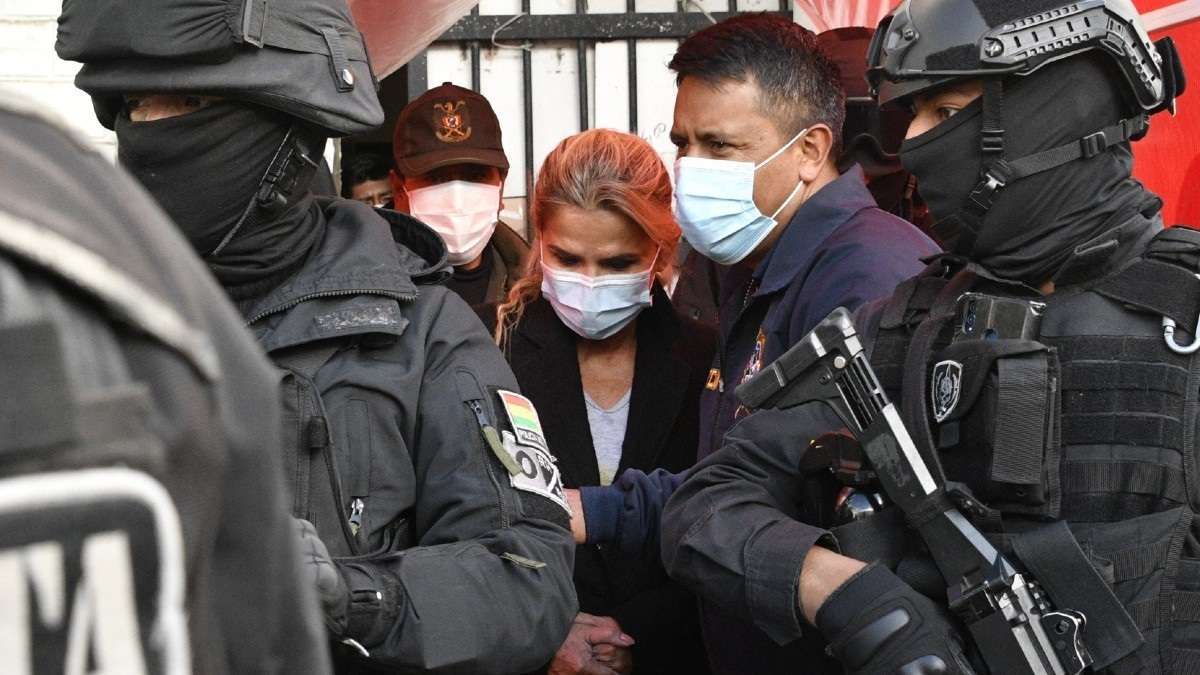 Slogans and endorsements
Slogans and endorsements"It was a coup and now we are demanding justice. It's not revenge, it's justice," Alicia Chura, a female Aymara leader, told Efe, who also said that all those who were part of the previous interim government should be imprisoned.
For his part, Sergio Veizaga, a leader who came to this mobilisation from the eastern city of Montero, told Efe that "it is not enough" that Áñez, whom he called "self-proclaimed", has been arrested, but that all those who lent themselves to persecute leaders, such as former ministers and even police officers, should be "imprisoned and prosecuted".
The massive march moved from north to centre, in the opposite direction to those carried out by opponents of the Arce government from south to centre, something that marks the social symbolism of its members, some from the popular classes while the others are from middle class sectors
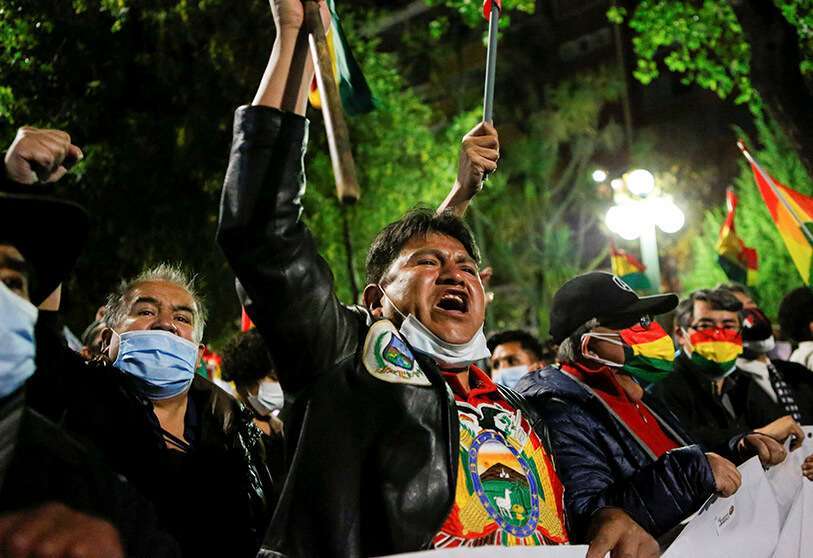
Along the route, demands were made, such as the demand for justice for those killed in the so-called "massacres" of Sacaba (Cochabamba) and Senkata (El Alto) during the political and social crisis of 2019, where around twenty demonstrators died in clashes with the army and police, which are currently being investigated.
They also demanded the arrest of the former civic leader and governor-elect of Santa Cruz, Bolivia's largest department, as the main instigator of the alleged "coup d'état" that led to the resignation of Evo Morales from the presidency.
A group of young people wearing helmets carried shields made of handmade metal plates with the Andean cross called "chacana" and showed themselves to be the ones who will confront the groups of the so-called "resistance" against the government who wear similar badges.
With the demonstration by thousands of government supporters in La Paz, the atmosphere of polarisation in Bolivia has been exacerbated, as protests against Arce and Morales' Movement Towards Socialism (MAS) and the so-called "judicial persecution" have not ceased in other regions.
In the central city of Cochabamba, a sit-in by several people has demanded an end to "authoritarianism" and "freedom" for Áñez and his former ministers as a sign of independence of powers, María, an elderly woman who said she was motivated to leave a better country for her grandchildren, told the media.
The government's detractors have announced more protests against the arrests of former national authorities and former military chiefs, including those planned for Friday in La Paz, the seat of the executive and parliament.
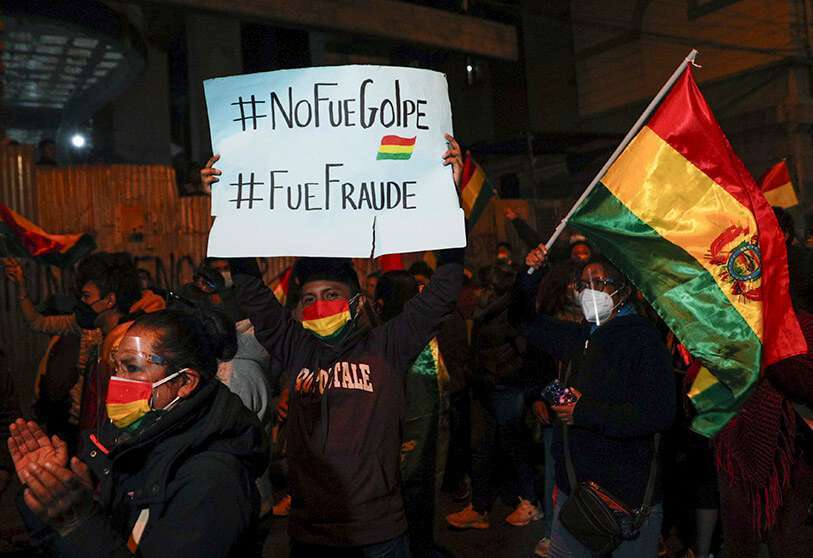
The government, through its main spokespersons, has pointed out that the judicial actions have been carried out within the framework of justice and without any intention of persecution, despite the declarations of international organisations that have called for guarantees for independent and credible judicial processes to be applied.
During the night there was a vigil at the gates of the prison where Áñez is being held, in which mainly women participated with candles and Bolivian and white flags to demand her release and which, among other slogans, affirmed that while the former interim president stayed in Bolivia at the end of her transitional administration, Evo Morales "escaped" during the crisis of 2019.
For its part, the Bolivian Prison Regime issued a brief statement in which it "categorically" denied reports that Áñez is on hunger strike and affirmed that, according to the latest medical report, the health of the former interim president "is stable".

